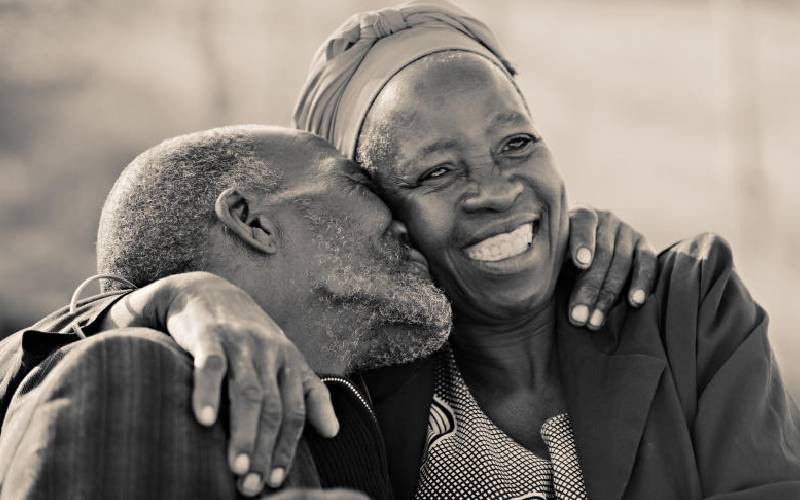×
The Standard e-Paper
Smart Minds Choose Us

On October 1, the world marked the International Day of Older Persons. The day recognises the significance of the senior members of our society.
In recent months, I have attended farewell parties for two of my retiring colleagues. In both cases, it took the rest of the employees by surprise because their sprightful appearances contrasted their six decades of life on earth.